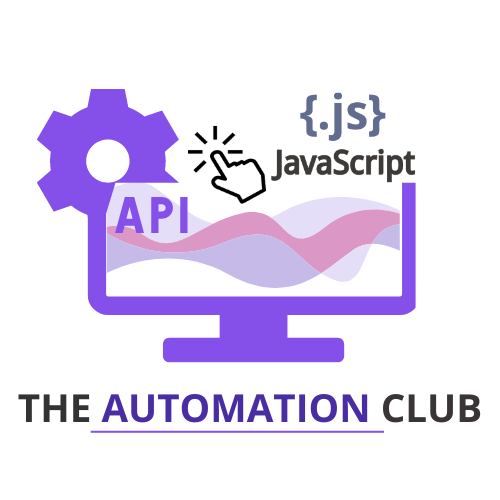The Impact of AI on Content Marketing and Social Media Strategies
Welcome to our comprehensive guide on the impact of Artificial Intelligence (AI) on content marketing and social media strategies. In this article, we will explore how AI is transforming the marketing landscape, the key trends shaping its future, and predictions for how it will continue to evolve.
Key Features of AI in Content Marketing
- Automation: AI tools automate repetitive tasks such as content creation, social media posting, and data analysis, allowing marketers to focus on strategy and creativity.
- Personalization: By leveraging user behavior, preferences, and demographic data, AI algorithms can tailor marketing messages to users in real-time, enhancing engagement and conversion rates.
- Predictive Analytics: AI can analyze vast amounts of data to predict future trends and consumer behavior, enabling marketers to make informed decisions and optimize their strategies.
Key Trends in AI-Powered Content Marketing
As we look towards the future, several key trends are emerging in AI-powered content marketing:
- Hyper-Personalization: AI is enabling marketers to create hyper-personalized content that resonates with individual users, leading to higher engagement rates.
- Content Generation: Tools like GPT-4 are capable of generating high-quality written content, images, and videos, significantly increasing content output for marketing teams.
- Enhanced Customer Insights: AI tools analyze customer interactions and feedback to provide deeper insights into consumer preferences and behaviors, allowing for more effective targeting.
Challenges of Implementing AI in Marketing
While AI offers numerous benefits, there are also challenges that marketers must navigate:
- Data Privacy Concerns: With increasing regulations around data privacy, marketers must ensure they are compliant while leveraging AI for personalization.
- Quality Control: AI-generated content may lack the nuance and creativity that human writers bring, necessitating oversight and editing.
- Integration with Existing Systems: Implementing AI tools can require significant changes to existing marketing systems and processes.
Future Predictions for AI in Content Marketing
As AI technology continues to evolve, here are some predictions for its future impact on content marketing:
- Increased Use of Voice Search: With the rise of voice-activated devices, marketers will need to optimize content for voice search, which AI can help facilitate.
- Greater Emphasis on Video Content: AI tools will enhance video content creation, making it easier for marketers to produce engaging video campaigns.
- AI-Driven Content Strategy: Marketers will increasingly rely on AI to inform their content strategies, using data-driven insights to guide their decisions.
Pros and Cons of AI in Content Marketing
| Pros | Cons |
|---|---|
| Increased efficiency and productivity | Potential loss of human touch in content |
| Ability to analyze large datasets for insights | Data privacy and compliance issues |
| Enhanced personalization for users | Dependence on technology and potential errors |
| Cost savings in content production | Need for ongoing monitoring and adjustments |
Key Points to Consider
When integrating AI into your content marketing strategy, keep the following points in mind:
- Invest in quality AI tools that align with your marketing goals.
- Ensure compliance with data privacy regulations to build trust with your audience.
- Maintain a balance between AI-generated content and human creativity to preserve authenticity.
- Continuously analyze the performance of AI-driven campaigns to optimize results.
Case Studies of Successful AI Implementation
Here are a few examples of brands successfully leveraging AI in their content marketing strategies:
| Brand | Strategy | Results |
|---|---|---|
| Netflix | Personalized content recommendations using AI algorithms | Increased viewer engagement and retention rates |
| HubSpot | AI-driven content optimization tools for blogs | Improved SEO rankings and organic traffic |
| Amazon | AI-powered product recommendations based on user behavior | Higher conversion rates and sales growth |
